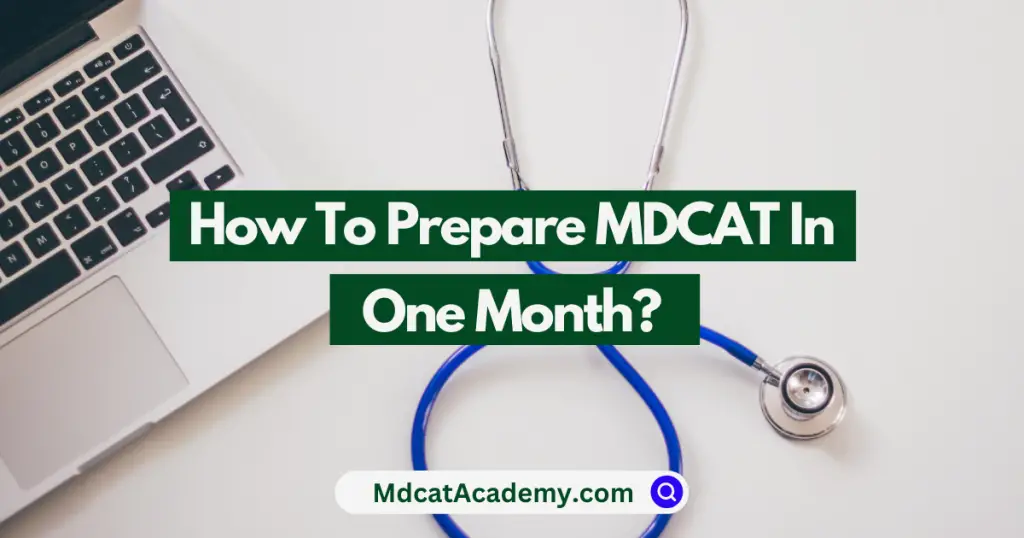MDCAT 2022 Exam Date Has Been Announced!
The MDCAT (Medical and Dental College Admission Test) is administered each year to MDCAT aspirants who are interested in pursuing careers in the medical and dental professions. The Council of Admissions Representatives has announced the official date of the 2022 Medical & Dental College Admission Test (MDCAT). The test will be held on the 13th …





